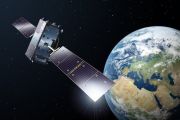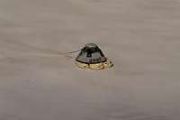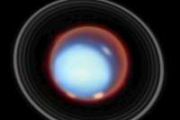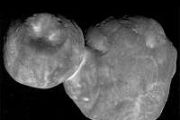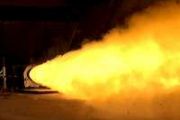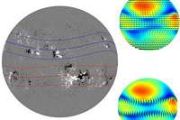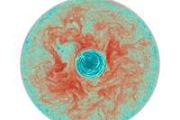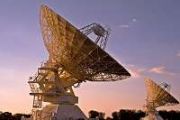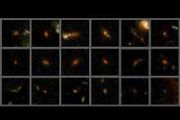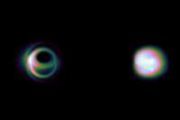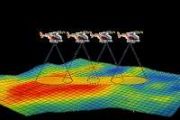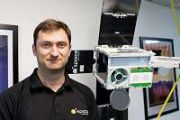
Copernical Team
Spotlight on climate and the New Space economy

Kicking off with a bold flourish, Φ-week 2021 promises to bring space even closer to the forefront of addressing society’s biggest challenges, namely issues associated with the climate crisis, while boosting the economy through transformative New Space, artificial intelligence, and quantum and cognitive computing.
La Palma volcano: How satellites help us monitor eruptions

Since the Cumbre Vieja volcano began erupting on 19 September 2021, lava has burned through homes, roads and farmlands causing mass destruction on the west part of the Canary Island of La Palma. Satellite imagery has helped authorities monitor and manage the ongoing crisis. From capturing images of the rivers of lava, to measuring gas emissions and assessing damage, the fleet of Copernicus Sentinel satellites have been providing crucial data for local teams.
Scaling up ESA’s asteroid facilities

The new heart of ESA’s Planetary Defence Office was inaugurated today, heralding a new chapter in the Agency’s work to protect Earth from dangerous near-Earth objects, aka asteroids.
Blue Origin delays William Shatner's space flight

Blue Origin announced Sunday it was delaying an upcoming flight set to carry actor William Shatner to space due to anticipated winds.
Shatner, who played Captain James T. Kirk in the cult classic TV series "Star Trek," is due to become the first member of the iconic show's cast to journey to the final frontier as a guest aboard a Blue Origin suborbital rocket.
Beam me up, Jeff! William Shatner lends Blue Origin star power

When Star Trek first aired in 1966, America was still three years away from putting people on the Moon and the idea that people could one day live and work in space seemed like a fantasy.
On October 12, William Shatner—Captain James T. Kirk to Trekkies—is set to become the first member of the iconic show's cast to journey to the final frontier, as a guest aboard a Blue Origin suborbital rocket.
NASA Invites Media to James Webb Space Telescope Launch
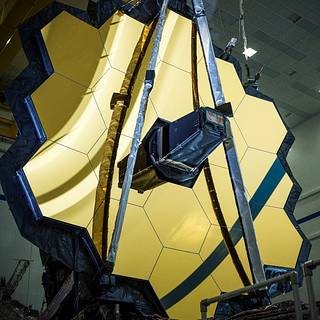 Members of the media may now register their interest in attending the launch of NASA’s James Webb Space Telescope, the premier space science observatory for the next decade.
Members of the media may now register their interest in attending the launch of NASA’s James Webb Space Telescope, the premier space science observatory for the next decade. Week in images: 4 - 8 October 2021
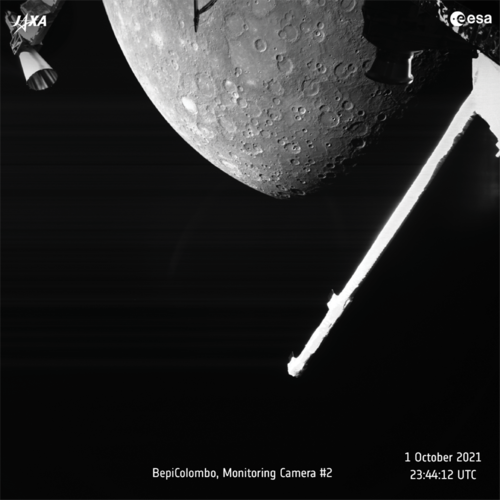
Week in images: 4 - 8 October 2021
Discover our week through the lens
Newly returned moon rock samples chronicle the dying days of lunar volcanism
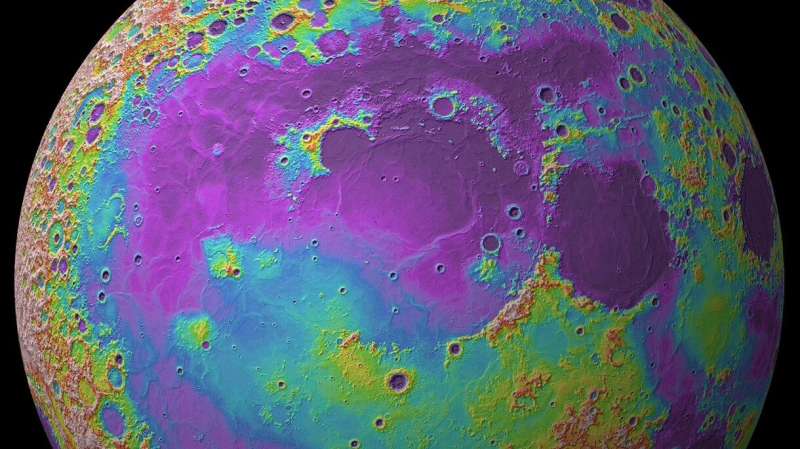
Billions of years ago, lakes of lava on the surface of the moon eventually dried to form the vast dark patches—the lunar maria—visible today on the lunar nearside. Now, thanks to rock samples recently returned to Earth by China's Chang'e 5 mission, scientists have a new estimate for when one of the last of those lava flows ran dry.
Earth from Space: Budapest, Hungary
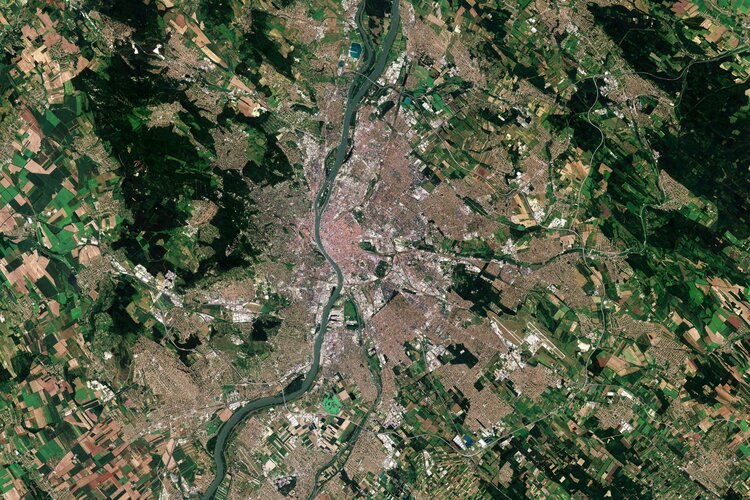
Budapest, the capital and most populous city in Hungary, is visible in this image captured by the Copernicus Sentinel-2 mission.
Galileo satellites arrive at Europe’s Spaceport
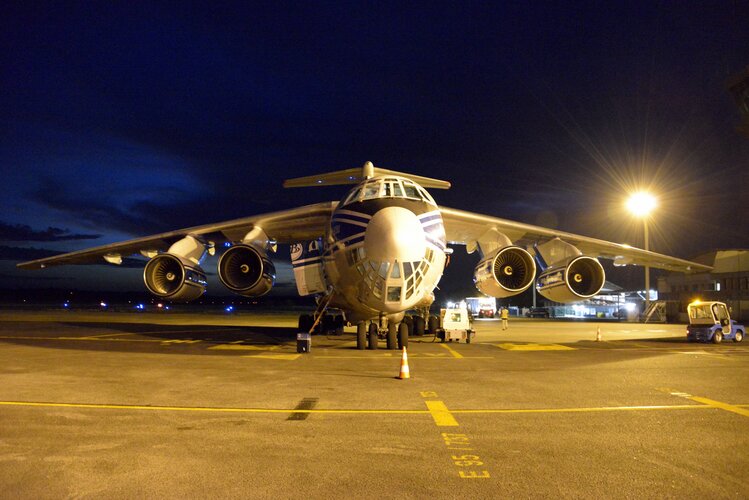
The latest pair of Galileo satellites have touched down at Europe’s Spaceport in French Guiana, ahead of their launch together next month.










